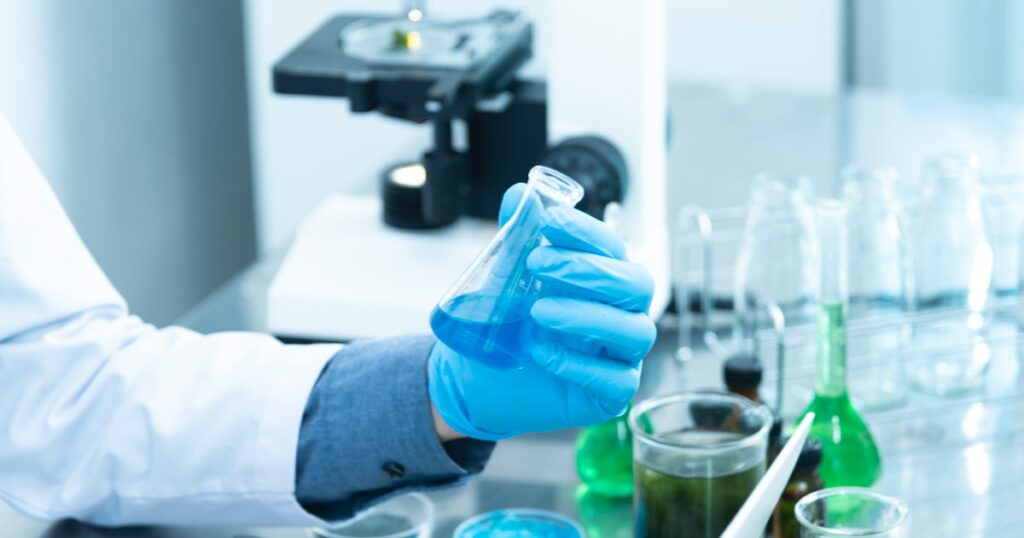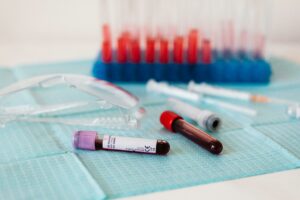Learn the 4 Phases of Clinical Trials

Preparing for FDA clinical trials can be a frightening and overwhelming procedure, especially if this is your first time. You must become acquainted with all four steps of the FDA’s clinical trial procedure in order to get your products into the hands of patients who require them.

Let’s go over the four major phases and how you may ensure quality assurance at each stage.
Guarantee of Quality Across All Four Phases of Clinical Trials
Superior quality assurance is dependent on keeping detailed records at all stages of your product’s lifecycle. Using an enterprise quality management software (eQMS) solution simplifies the creation and administration of needed papers for FDA compliance.
But, with so much at stake, you should not take the decision of which program to utilize lightly. You must work with a software provider who understands the specialized demands of life sciences enterprises like yours.
What Exactly Are Clinical Trials?
To get an answer to this question, consider the FDA’s definition of clinical trials…
“Clinical trials are voluntary research studies that are undertaken in individuals to answer particular concerns regarding the safety or effectiveness of medications, vaccines, other therapies, or novel methods to use current treatments.” [Source: FDA.gov]
What Kinds of Clinical Trials Exist?
Clinical trials are classified into seven groups by the FDA: preventative trials, screening trials, diagnostic trials, therapeutic trials, genetic studies, quality of life studies, and epidemiological studies. Let’s look at each of these in further detail so you can see the distinctions between them all.
Preventive trials are used to evaluate new drugs and vaccinations. Vitamins and supplements, as well as prescription pharmaceuticals, are examples of medications. This sort of experiment is used by researchers to examine whether a drug or vaccine can reduce a person’s risk of certain diseases or ailments.
Screening trials seek methods to detect and diagnose specific diseases or ailments before patients exhibit any symptoms. This type of experiment is often used by researchers to determine whether the earlier discovery of an illness or condition can reduce a person’s risk of damage or death.
Diagnostic trials are similar to screening studies in that they focus on detecting and diagnosing diseases or problems after individuals begin to exhibit symptoms. Treatment trials collect data to assess whether new drugs, medical equipment, psychotherapy, surgery, or other sorts of therapies or treatments are safe and effective.


